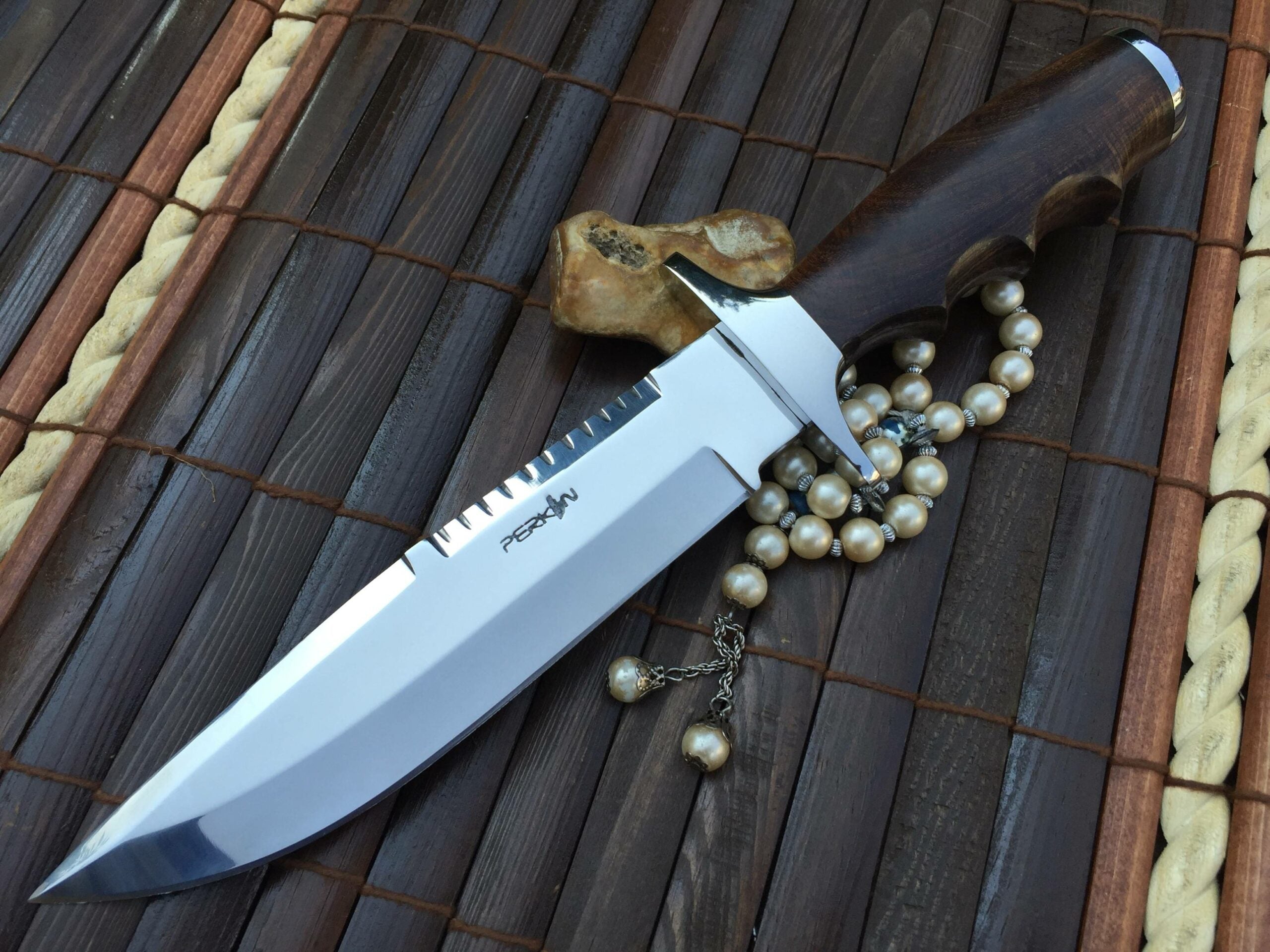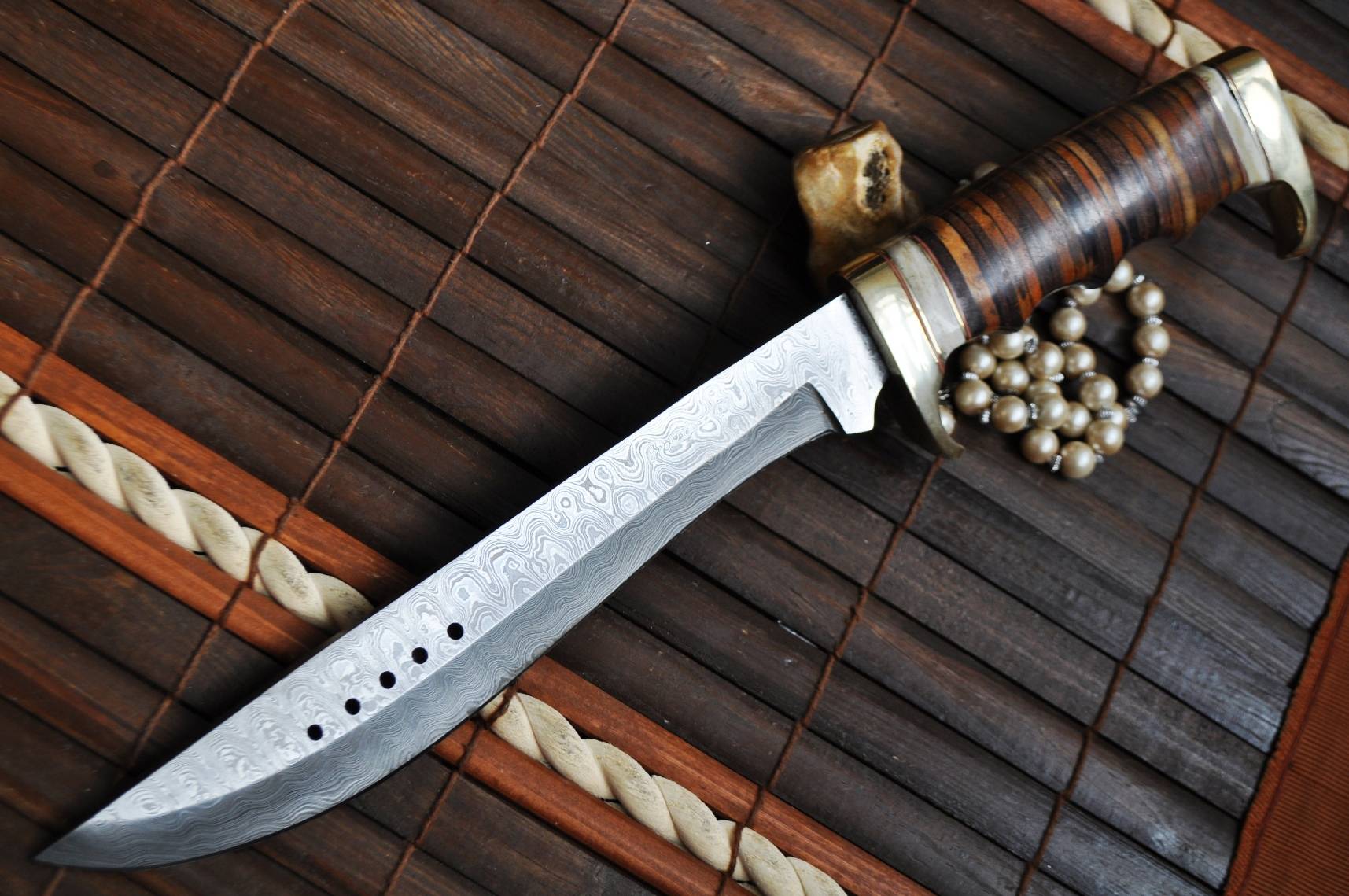Cutting Through the Market: A Deep Dive into the UK Knife Industry

Strong 8k brings an ultra-HD IPTV experience to your living room and your pocket.
The UK knife market has evolved significantly over the past decade, driven by changes in consumer preferences, regulations, craftsmanship revival, and the influence of global trends. What was once a niche space for collectors and chefs has grown into a dynamic industry that blends tradition with innovation. From kitchen essentials and outdoor gear to luxury blades and artisan-made pieces, the UK knife market is both diverse and increasingly specialised.
A Market Built on Heritage and Craftsmanship
The UK has a long history of blade-making, especially in cities like Sheffield, which has been synonymous with quality knives and steel production for centuries. While industrial production once dominated, there has been a resurgence of interest in handcrafted knives. Small-scale artisans and boutique manufacturers are finding enthusiastic buyers who value quality, durability, and unique design over mass production.
Brands like Robert Welch, I.O. Shen, and Savernake Knives have carved a reputation for excellence by combining traditional methods with modern technology. This revival of craftsmanship has also been bolstered by social media platforms, where behind-the-scenes glimpses into forging and sharpening processes have built communities around the art of knife-making.
Types of Knives Driving Market Growth
The most active segment in the UK knife market is kitchen knives, driven by a rising interest in home cooking and food presentation. Thanks to the popularity of cooking shows and food influencers, consumers are increasingly seeking premium blades that offer professional-level performance. Japanese-style knives, in particular, have gained a strong following due to their precision and sleek aesthetics.
Outdoor knives, such as bushcraft and hunting knives, also hold a steady share of the market. The UK’s growing outdoor and adventure enthusiast community values practical, reliable tools, and many prefer UK-made models that meet local safety regulations and durability expectations.
Meanwhile, folding knives and multi-tools cater to hobbyists, collectors, and tradespeople. However, their sale is tightly regulated due to legal restrictions in the UK, particularly regarding blade length and locking mechanisms.
Legal Framework and Its Influence
The UK has some of the strictest knife laws in the world, primarily aimed at reducing knife-related crime. These regulations significantly shape the market. For instance, it's illegal to carry a knife in public without good reason, and certain types (like butterfly knives, flick knives, and zombie knives) are completely banned.
Retailers are required to verify age before sale (minimum age 18), and online sales are closely monitored. These legal boundaries have led to more cautious marketing and packaging, but they have also encouraged manufacturers to innovate within these constraints — offering knives that are functional, legal, and desirable for legitimate uses like cooking, crafting, or outdoor recreation.
E-commerce and Consumer Trends
Online retail has transformed how knives are bought and sold in the UK. Specialty websites, artisan marketplaces, and even platforms like Etsy have given knife makers direct access to their customers. This direct-to-consumer model allows for better storytelling around each product, helping buyers understand the craftsmanship, materials, and purpose behind each knife.
Another notable trend is the rising concern for sustainability. Consumers are increasingly prioritising knives made with responsibly sourced materials, recyclable packaging, and long-term durability. “Buy once, buy well” is a philosophy gaining traction, especially among younger buyers.
The Future of the UK Knife Market
Looking ahead, the UK knife industry is poised for continued growth, particularly in the premium and artisan segments. As more consumers value quality, functionality, and heritage, British knife makers have the opportunity to expand both locally and internationally.
However, navigating evolving regulations and maintaining consumer trust will be essential. Transparency, education, and ethical production will likely be the pillars of success in the coming years.
Whether it's a chef’s blade, a craftsman's tool, or a collector’s pride, the knife continues to hold a practical and symbolic role in UK households — sharpened not just for use, but for appreciation.
Note: IndiBlogHub features both user-submitted and editorial content. We do not verify third-party contributions. Read our Disclaimer and Privacy Policyfor details.



